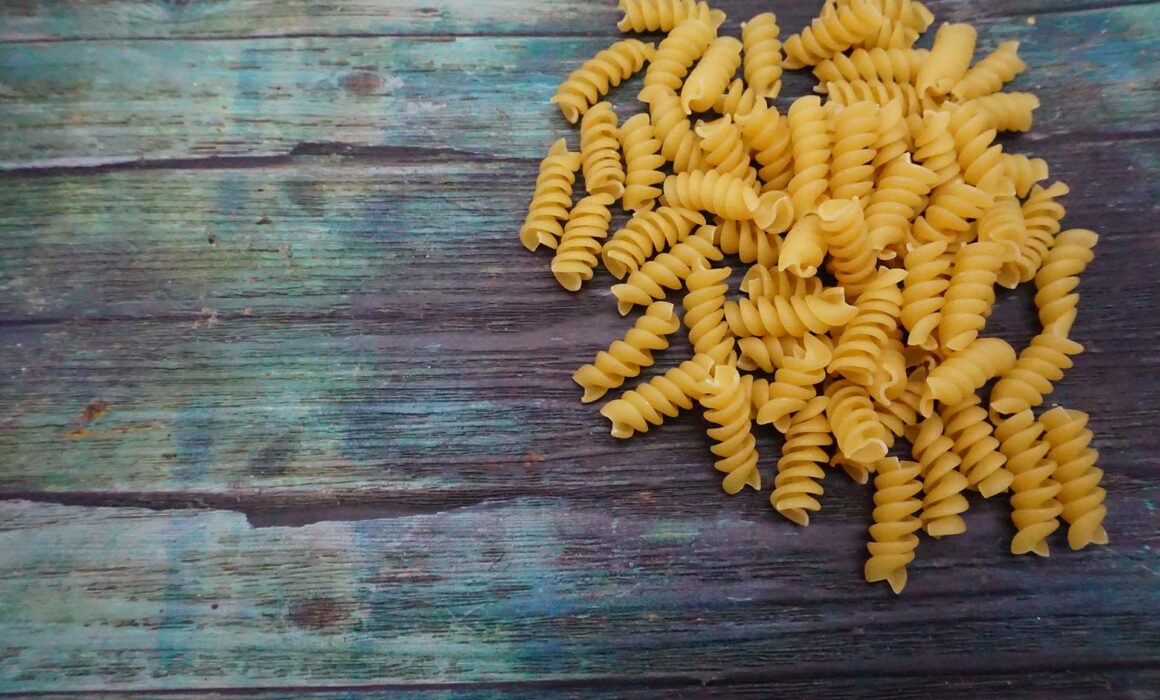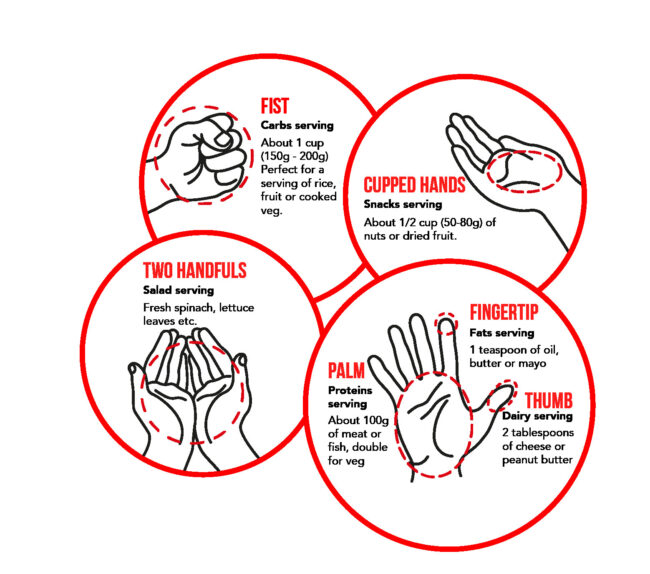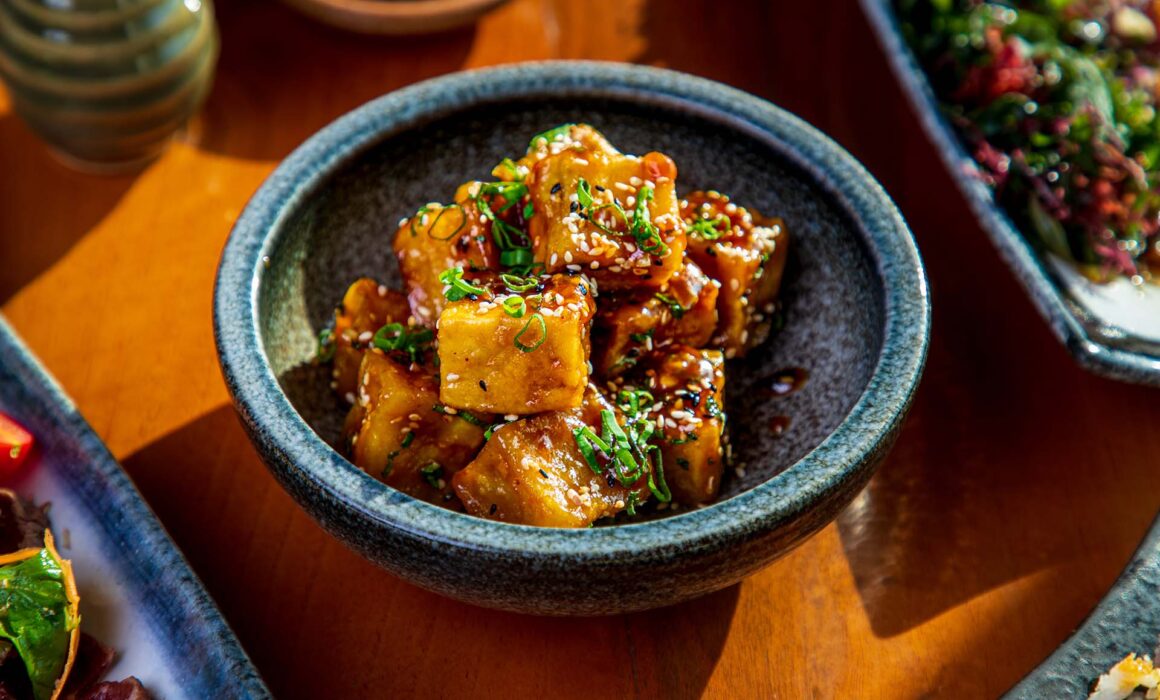How’s your sleep?
Lack of sleep can bump up stress levels and make it harder to make good choices. Poor sleep plays havoc with weight loss as it also affects our hormones.
Studies show that those who sleep less than 6 hours per night are more likely to be overweight and find it harder to lose weight. So how well are you sleeping?
Our hormones, which are chemical messengers, can help us to understand how sleep could be the missing part of your weight loss puzzle.
Leptin and ghrelin
Ghrelin is a hormone that tells you when you need to eat. The less you sleep, the more ghrelin you produce. Leptin does the opposite of ghrelin; it sends a signal to the brain to let you know you’ve eaten enough.
The less you sleep, the less leptin you produce. Lack of sleep and these two hormones makes you more susceptible to overeating and less likely to feel satisfied afterwards.
Cortisol
This is a stress hormone that breaks protein down into glucose. If there’s too much glucose, it gets stored as fat. Excess cortisol makes the body use soft tissue like muscle for its energy needs instead of fat.
Your cortisol levels increase the less you sleep at night. It also triggers a hunger response in the brain, causing you to think you’re hungry. Sneaky.
Melatonin
Melatonin is a powerful antioxidant that manages our circadian rhythm (sleep-wake cycle). It’s released at the onset of darkness to prepare your body for sleep. Studies have linked melatonin to increased metabolism.
Insulin
Insulin helps your body to absorb glucose from the bloodstream. Not enough sleep can lead to too much blood sugar, and that can lead to insulin resistance.
This means the body will produce more and more in order to function and could eventually lead to diseases like diabetes. The dreaded D word.
Growth hormone
Your body creates more growth hormone while you’re asleep. It stimulates cell reproduction, regeneration and growth. More growth hormone means a higher metabolism, meaning you burn up energy more rapidly. This gives us the potential to lose weight faster.
Value your sleep and prioritise it just as much as you prioritise your diet and exercise. Your body needs time to rest, recover and rejuvenate and sleep plays a vital part in this. So, sleep tight and don’t let the bedbugs bite.










